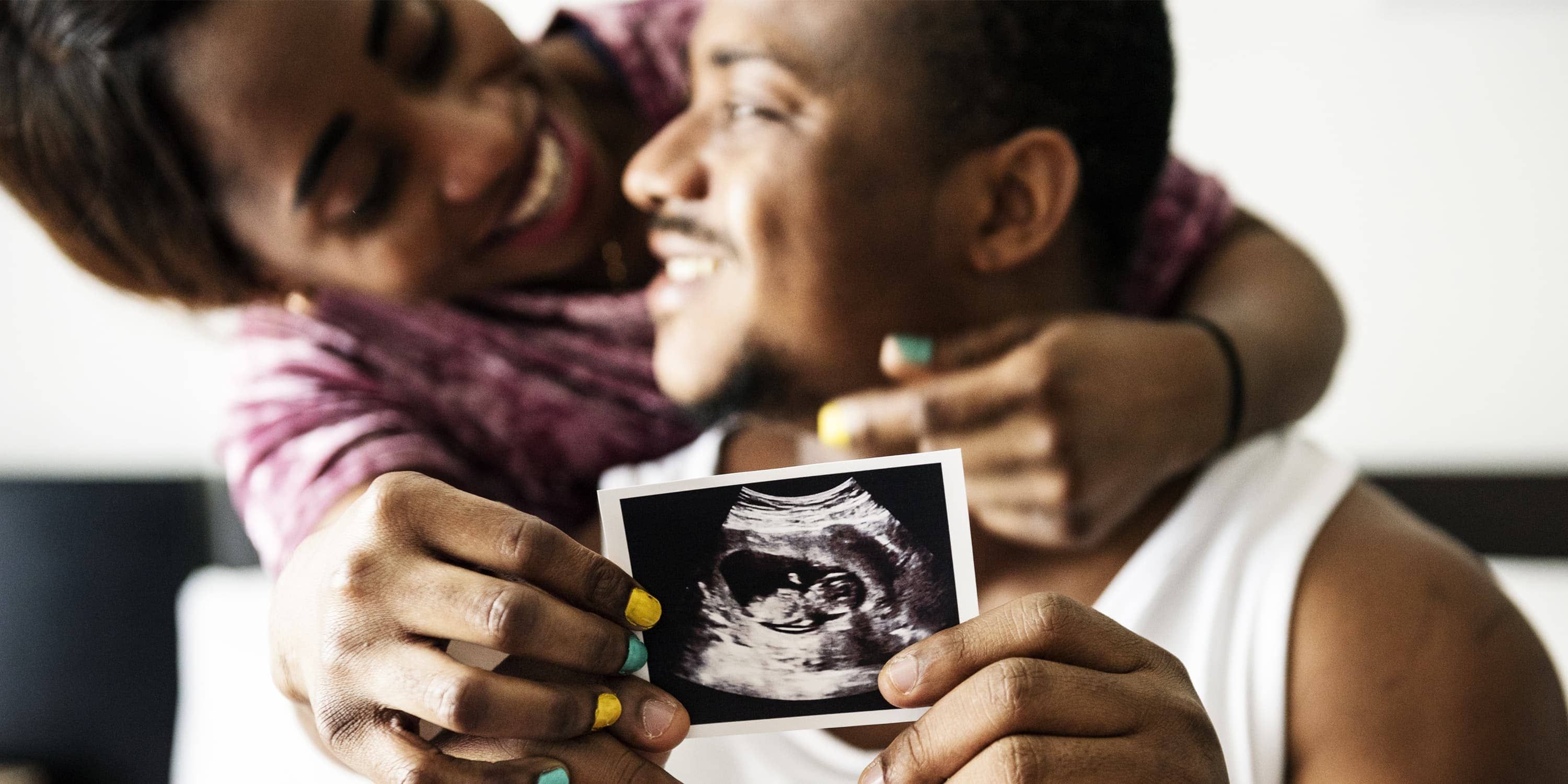Exercise is good for everyone – including pregnant women. A certain level of fitness and mobility can actually reduce the risk of a cesarean section at birth and help with weight control. Nevertheless, pregnant women need to take particular care and cannot participate in every kind of exercise. What are some things you should take into account?
From couch potato to marathon runner
Exercise is positive in principle. However, as a pregnant woman especially, you do not want to overdo it. The cardiovascular system is already strained due to your pregnancy, hormonal changes, and an increased volume of blood. Trying a new sport or working out at a much higher intensity than usual can easily lead to injuries.
Nevertheless, there are many ways to keep physically fit – even for those who don’t consider themselves athletic! What is certain is that exercising during pregnancy has many advantages for mother and child, so those who are not interested in exercise should still get moving for the sake of the baby. Instead of starting to run, for example, walking or swimming are good ways to ease into exercise while protecting the joints and circulation.
Always talk to your doctor beforehand about what kind of exercise you can do.
Benefits of exercising during pregnancy
- Pregnancy-related problems are reduced
- Promotion of the cardiovascular system and lung function
- Reduced risk of gestational diabetes
- Decrease in weight gain
- Improved sleep
- Fewer mood swings
- Reduced use of mechanical aids during childbirth and cesarean sections1
- Prevention of back pain
- Reduced risk of pre-eclampsia
- Shorter labor
- Fewer varicose veins
- Reduced risk of thrombosis
Exercising during pregnancy
During the first trimester, it is difficult for many pregnant women to even think about exercise. Tiredness, nausea, and aching breasts are not the best prerequisites – even with the greatest athleticism and the highest motivation. If you are fit and well, there is nothing to prevent you taking part in exercise after getting the OK from your doctor.
During the second trimester the nausea is often gone and the big bump is not yet in the way – this is the best time of the pregnancy to keep fit!
The closer the birth becomes, the harder it is for many pregnant women to exercise: the belly is big and heavy, the skin can become stretched, the baby presses on the bladder and other internal organs. Lying on your back can be very uncomfortable because the inferior vena cava may become pinched and injuries can occur more easily due to the loose ligaments and joints.
Pregnant women who exercise often will now need to tone it down a bit. However, yoga sessions and special pregnancy aerobics are still a pleasant experience for many pregnant women during this stage.

Exercise suitable for pregnant women:
- Walking or hiking without major changes in altitude
- Running (if you have previously ran)
- Pilates
- Swimming and water aerobics
- Strength training (only if you are well-practiced; otherwise light strengthening exercises according to medical and/or physiotherapeutic instructions, professional trainers can also put together a suitable exercise program after consulting a doctor)
- Pregnancy aerobics
- Cycling (in late pregnancy preferably on an exercise bike to avoid the risk of falling)
- Home gym equipment (bike, stepper, treadmill)
- Yoga
Generally unsuitable forms of exercise
Sports that can easily lead to falls and knocks to the stomach can be dangerous and are not recommended, including mountain biking, skiing, and horseback riding. Vibrations, jumps, and sudden "stop & go" movements, such as those common when playing squash or tennis, can even increase the risk of miscarriage.
Ball sports with a lot of physical contact, as in various team sports, are also not advisable for pregnant women. A heavy strain on the circulation and/or the joints during excessive endurance training (marathon, triathlon) or when hiking with major differences in altitude and diving can also be problematic.
The exercise that is suitable for you depends not only on your medical history, but also on the individual course of your pregnancy, which varies from one woman to another. It is therefore very important to consult your doctor during pregnancy.
Photos: Shutterstock





